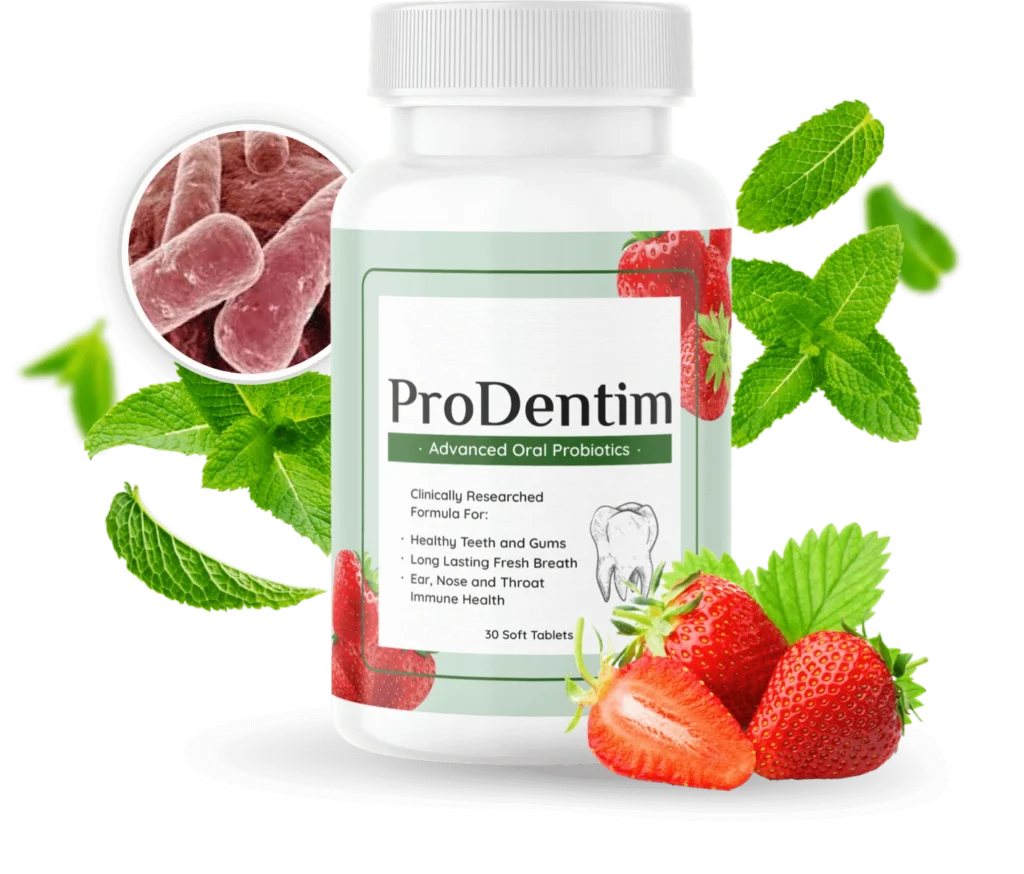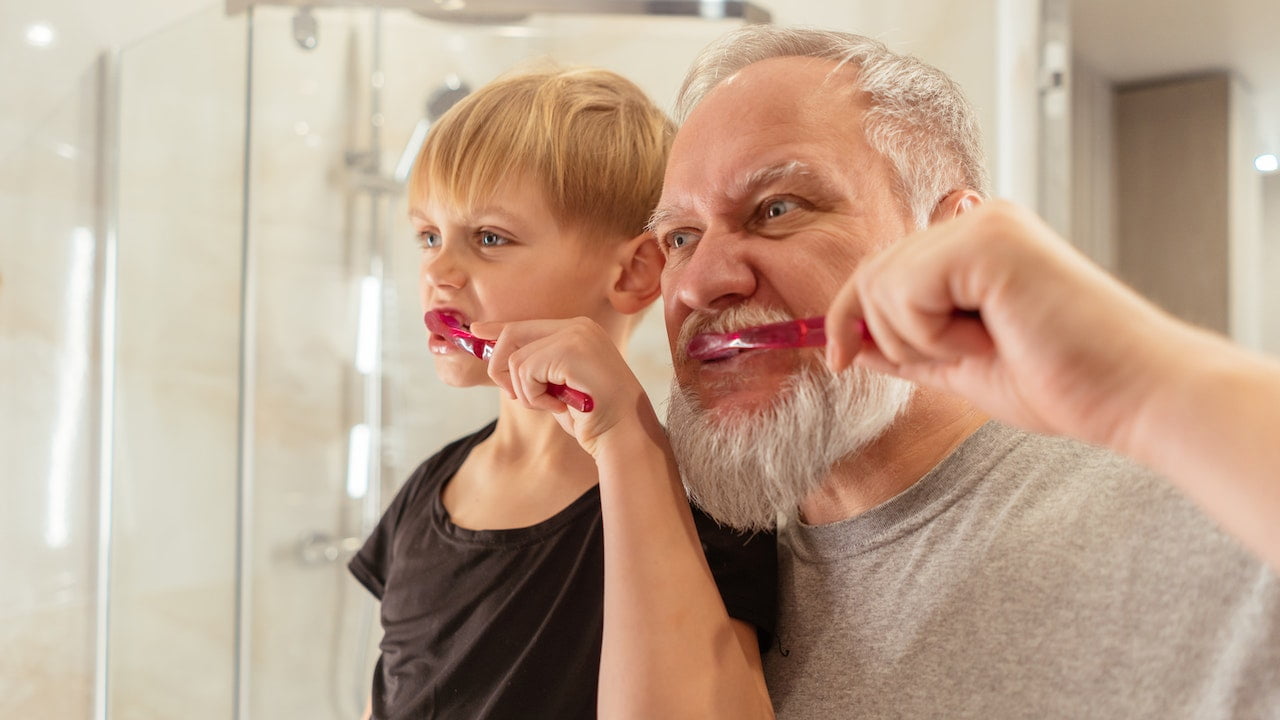It is important to instill good dental health habits in children at an early age. Teaching kids about tooth care can be a fun and interactive experience that will encourage them to take responsibility for their oral health. This article will provide parents with simple and creative ways to introduce the basics of dental health for kids, such as proper brushing and flossing techniques, healthy nutrition choices and regular visits to the dentist.
Why Teach Kids About Tooth Care?
Good dental care is important for people of all ages, but teaching children about tooth care can help them develop healthy habits that will last a lifetime. Teaching kids the importance of brushing and flossing their teeth can help instill good oral hygiene practices. It is essential to educate young children on how to properly clean and care for their teeth so they can grow up with strong, healthy smiles.
Regular check-ups and proper cleaning at the dentist are also key components in maintaining a child’s dental health. Making sure children learn about tooth care early on will ensure that they understand why it is important to keep their teeth clean, visit the dentist regularly, and avoid sugary foods. Educating kids on tooth care will also help them avoid potential problems down the road such as cavities or gum disease.
Tip #1: Get Kids Excited
With many parents struggling to get their kids excited about dental care, it can be challenging to find solutions that both parents and children are interested in. Luckily, there are a few fun and creative strategies that you can use to make regular dental visits more enjoyable.
One great way to get kids excited about taking care of their teeth is by offering incentives. Whether it’s a trip for ice cream after the dentist or a small reward at home, giving them something special as acknowledgement for taking good care of their teeth can be a great motivator. Additionally, finding games and activities related to dental health online or in books can help make brushing and flossing seem like less of a chore.
Tip #2: Demonstrate Proper Brushing Technique
Teaching proper brushing technique to kids is an important part of encouraging good oral hygiene habits. Proper brushing removes plaque, the sticky film that can accumulate on teeth and lead to decay. Helping children learn how to brush their teeth correctly will help set them up for a lifetime of healthy dental habits.
When teaching children how to brush, it is important for adults to demonstrate the correct process step-by-step. First, encourage kids to use a soft-bristled toothbrush and a small amount of fluoride toothpaste. Next, have them place the brush at a 45 degree angle against each tooth’s surface and move it in gentle circular or back-and-forth motions. Make sure they reach all areas of the mouth including back teeth and along the gum line. To finish off, have them rinse with water and spit out any excess toothpaste foam.
Tip #3: Have Fun With Flossing
Flossing is an important part of proper dental hygiene, but it can be difficult to get children interested in something so mundane. Fortunately, there are a few tricks and techniques that parents can use to make flossing fun and enjoyable for young ones. Teaching kids the importance of flossing does not have to be boring; with the right approach, it can even become a game!
Parents should focus on making flossing into a positive experience for their kid by using playful language and rewards. Games like “Floss Race” involve having two or more strands of dental floss placed directly across from each other with the goal being to see who can get their strand further down without breaking it.
Tip #4: Talk About Diet and Nutrition
Good dental health is an important part of overall physical health, and nutrition plays a big role. Parents should begin teaching their children about healthy diet choices at an early age to help them develop good eating habits that will last a lifetime. Diet and nutrition are key elements in preventing tooth decay and promoting healthier gums and teeth.
When talking to kids about diet and nutrition for dental health, it is important to keep conversations simple yet informative. Explain the importance of cutting down on sugary foods as it can lead to tooth decay over time. Eating crunchy fruits and vegetables helps break up plaque build-up on teeth, so encourage your children to incorporate these into their diets daily. Additionally, dairy products like milk, cheese and yogurt contain calcium which strengthens teeth; make sure your child’s diet includes enough of these items each day as well.
Tip #5: Make Regular Checkups Fun
Regular dental checkups are important for children’s oral health, yet many kids find them to be boring and uncomfortable. To make the process more enjoyable and less stressful for both parent and child, there are a few simple tips that can help make regular visits to the dentist something fun.
To begin with, parents should work to find a pediatric dentist who specializes in working with children. A friendly demeanor and an inviting office environment can go a long way towards putting any wary child at ease. Additionally, it is important to explain the importance of proper oral hygiene in a way that is accessible and interesting to kids. Making brushing teeth into a game or using catchy songs can be helpful tools when teaching healthy habits at home. Finally, incorporating incentives such as stickers or small toys after the appointment can give kids something to look forward to during their visit.
Tip #6: Explain the Benefits of Good Oral Hygiene
Good oral hygiene is an essential part of a healthy lifestyle. Teaching children the importance and benefits of taking care of their teeth and gums can help them maintain good oral health throughout their lives.
Brushing twice a day with fluoride toothpaste, flossing daily, rinsing with mouthwash, limiting sugary foods and drinks, eating nutritious meals and visiting their dentist regularly are all important components for keeping teeth and gums healthy. Kids should be taught that brushing prevents cavities from forming by removing food particles from the surface of the teeth before bacteria can turn them into acid which causes decay.
Tip #7: Use Rewards to Motivate Kids
When it comes to encouraging children to practice good dental health, rewards are an excellent way to motivate them. If you can make taking care of their teeth fun and rewarding, they will be more likely to adopt healthy habits that will benefit them for life.
One way to reward your child’s good dental hygiene is through a point system: each time they brush or floss their teeth, they get a sticker or a point on the chart. When they have reached the designated amount of points, offer small rewards such as special privileges or treats. For older children, give them gift cards when they reach milestones in their dental routine like no cavities for 6 months. This provides an incentive for kids to take extra care with their oral hygiene so that they can earn these rewards. Rewards are not only motivating but also help reinforce healthy habits in the long run.
Prodentim is a dental support formula of natural origin that has been specifically formulated to facilitate and sustain optimal dental and oral health. The product is formulated with a distinctive combination of 3.5 billion probiotic strains and vital nutrients, which have undergone clinical investigation and demonstrated efficacy in promoting dental and periodontal wellness. The objective of this product is to replenish the oral microbiome with beneficial bacteria, with the aim of reinstating its inherent equilibrium.

Conclusion: Start Early for Best Results
In conclusion, teaching kids about dental health doesn’t have to be a chore. With the right resources, parents and guardians can make learning fun and engaging for children. From brushing games to tooth science experiments, there are plenty of playful ways to help kids learn more about dental health. Providing healthy snacks and making regular visits to the dentist will also make sure that children don’t miss out on important preventative care that will ensure their teeth stay strong and healthy.
Disclosure:: This article contains affiliate and informative links. We may get compensation at no additional cost to you for purchases made through the links. The above is a sponsored post, the views expressed are those of the sponsor/author and do not represent the stand and views of OneFitDay Editorial.
Disclaimer: These statements have not been evaluated by the Food and Drug Administration. The products are not intended to diagnose, treat, cure, or prevent any disease. Please consult with a licensed professional if there are any questions or concerns about the side effects or negative adverse reactions.

